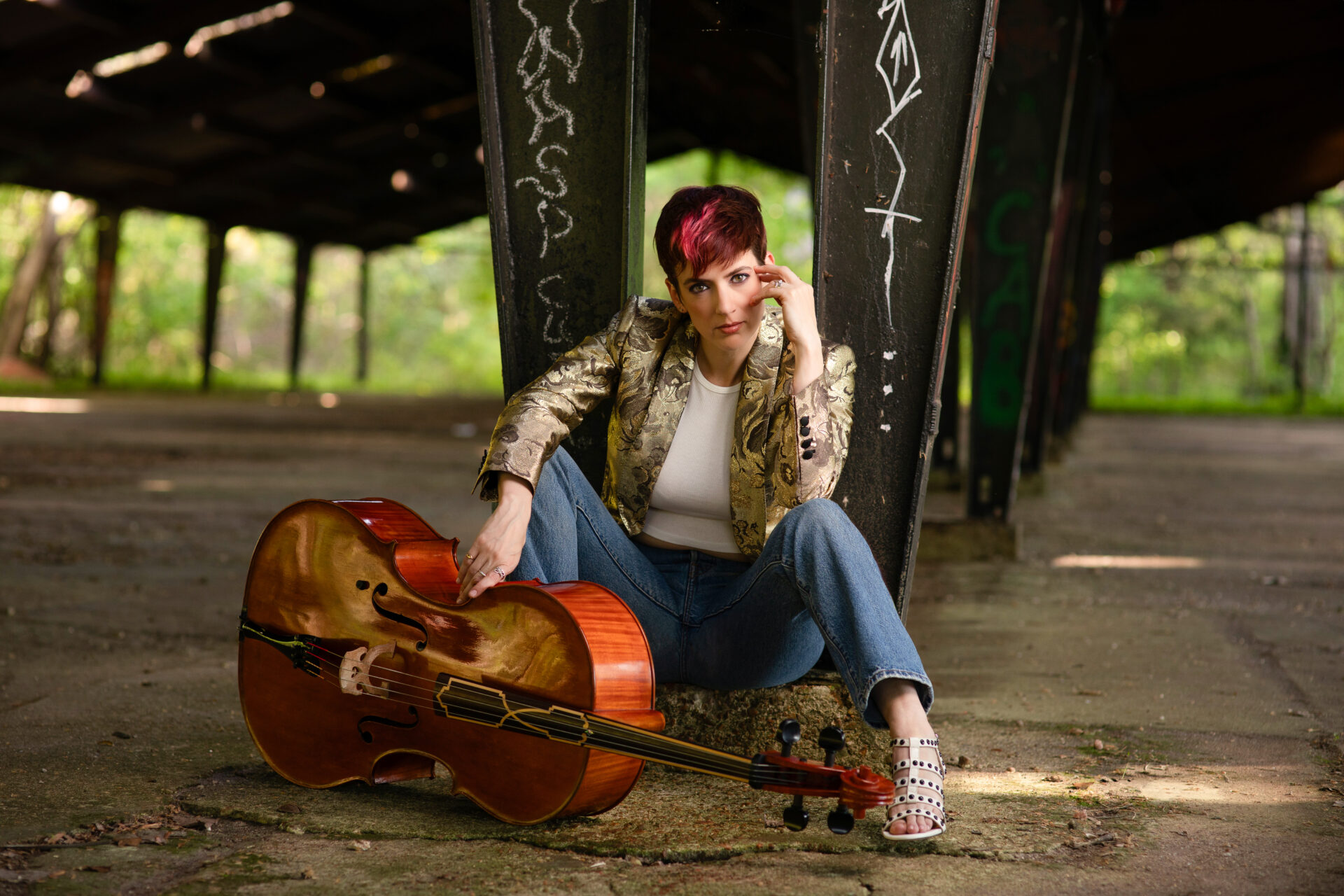Cellist Juliana Soltis, a native of South Charleston, West Virginia, grew up in the diverse traditions of Appalachian music. Since her upbringing, she has been making some waves in the Classical world playing major stages and festivals along the way. Now, she has her latest release — an album called American Woman, featuring her on Cello with Pianist Ruoting Li.
In this album, she performs works all by American female composers, highlighting a group of underrepresented musicians in the Classical realm. Soltis says this album shows how “American women in classical music are not isolated novelties … but rather they represent an unbroken tradition of compositional excellence.” Some highlights from the album include Amy Beach’s “Berceuse” and Florence Price’s “Adoration.”
American Woman is available on all major platforms in a release on the Navona label from Parma recordings. Since the release, there’s been some good news for the album including a 4-star review from BBC Music Magazine and a silver medal from the Global Music Awards for Outstanding Achievement in Classical.
Solits was home for the holidays this past December, so she decided to stop by the WVPB studio with West Virginia Pianist, Daniel Bellamy. She discussed this latest release and performed works off the album in a live showcase of West Virginia talent. In the audio segment above, you can check out the live performance and discussion with Classical Music Host Matt Jackfert.
Playlist:
- Amy Beach “Berceuse”
- Florence Price “Adoration”
- Matt Jackfert “Appalachian Impressions: A Train Through Snowy Thurmond”
